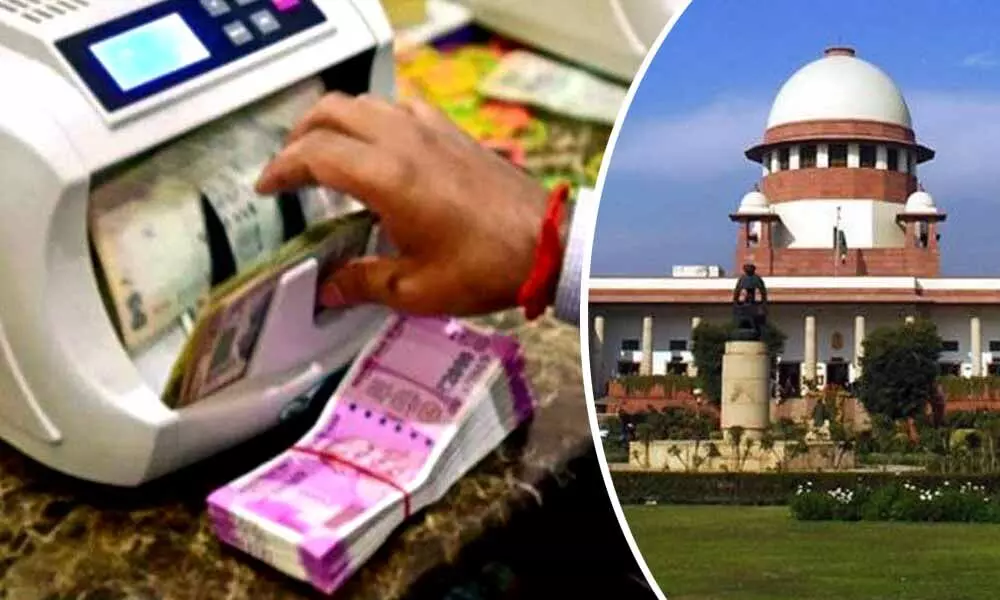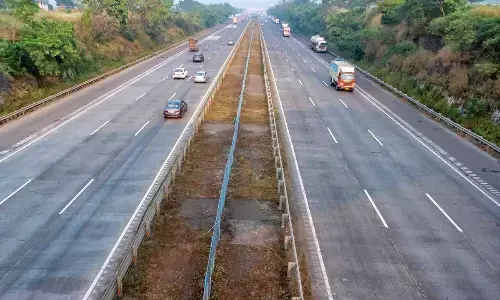Government likely to reward those who did not opt for Loan Moratorium

Government likely to reward those who did not opt for Loan Moratorium
The government earlier this week in its affidavit to the Supreme Court (SC) of India submitted a proposal to waive compound interest or interest on interest for the six-month loan moratorium period.
The government earlier this week in its affidavit to the Supreme Court (SC) of India submitted a proposal to waive compound interest or interest on interest for the six-month loan moratorium period. Loan moratorium was announced given the economic distress caused by the Coronavirus, COVID-19, pandemic. The government would waive interest on interest on repayment of loans up to Rs 2 crore.
The proposal to waive interest on interest was drawn in the backdrop of a batch of petitions filed in the Supreme Court. The proposal if cleared by the highest court of India will benefit eight categories of loans and they are MSMEs, education, personal, housing, consumer durable, credit card dues, auto and consumption. This means, the said proposal will bring a big relief for major middle-income borrowers, who have opted for the moratorium. However, some reports claim that the borrowers, who did not opt for this loan moratorium facility, will also be rewarded or compensated.
Time of India (ToI) in one of its report has said that the finance ministry is looking forward to options to reward, to borrowers who did not avail the moratorium. Individuals and MSMEs with debt up to Rs 2 crore would be an eligible candidate for the cash backs and benefits as this would help in maintaining a level playing field.
The report has quoted a government source who has informed them that it is possible to work out a notional benefit that borrowers would have received if they had opted for the moratorium.
The government can pass this on to those who paid their dues on time. It will be unfair to ignore those who have been paying their dues, despite hardship,
The report says the government will work on the details only after receiving the final number of borrowers, who opted for the moratorium. However, the exercise will be done only after the finance ministry's proposal is approved by the Supreme Court.
Citing Anil Gupta, vice-President of the rating agency ICRA, the publication said the government can provide relief to those who have made payments on time by reducing a notional amount of interest on interest from the principal outstanding. It also said that the proposal would not cost more than Rs 5,000 crore to Rs 7,000 crore to the government, assuming that 30-40 per cent of the overall loans to banks and NBFCs will be eligible for relief. Mr Gupta says that this is assuming that all borrowers are given relief irrespective of whether they availed a moratorium or not.
Bankers will the benefit will be passed after making changes in their software. Quoting IDBI Bank deputy MD Samuel Joesph Jebaraj, the publication said, "In the case where the repayment is in equated monthly instalment (EMI), the banks will have to build an application to implement the relief. The effect of the moratorium was an extension of the tenure (keeping the same EMI) or higher EMI (keeping the same tenure). Their interest on interest relief will be reflected in the reduced number of installments or slightly lower EMI for the same tenure."
However, the exercise will not be easy given the fact that a major number of borrowers opted for a moratorium during the six months from March to August.=, while some used the facility for a limited period and delayed EMIs for a few days.
All of these calculations will have to be determined and it will be done after the government receives all the data from banks and NBFCs.









